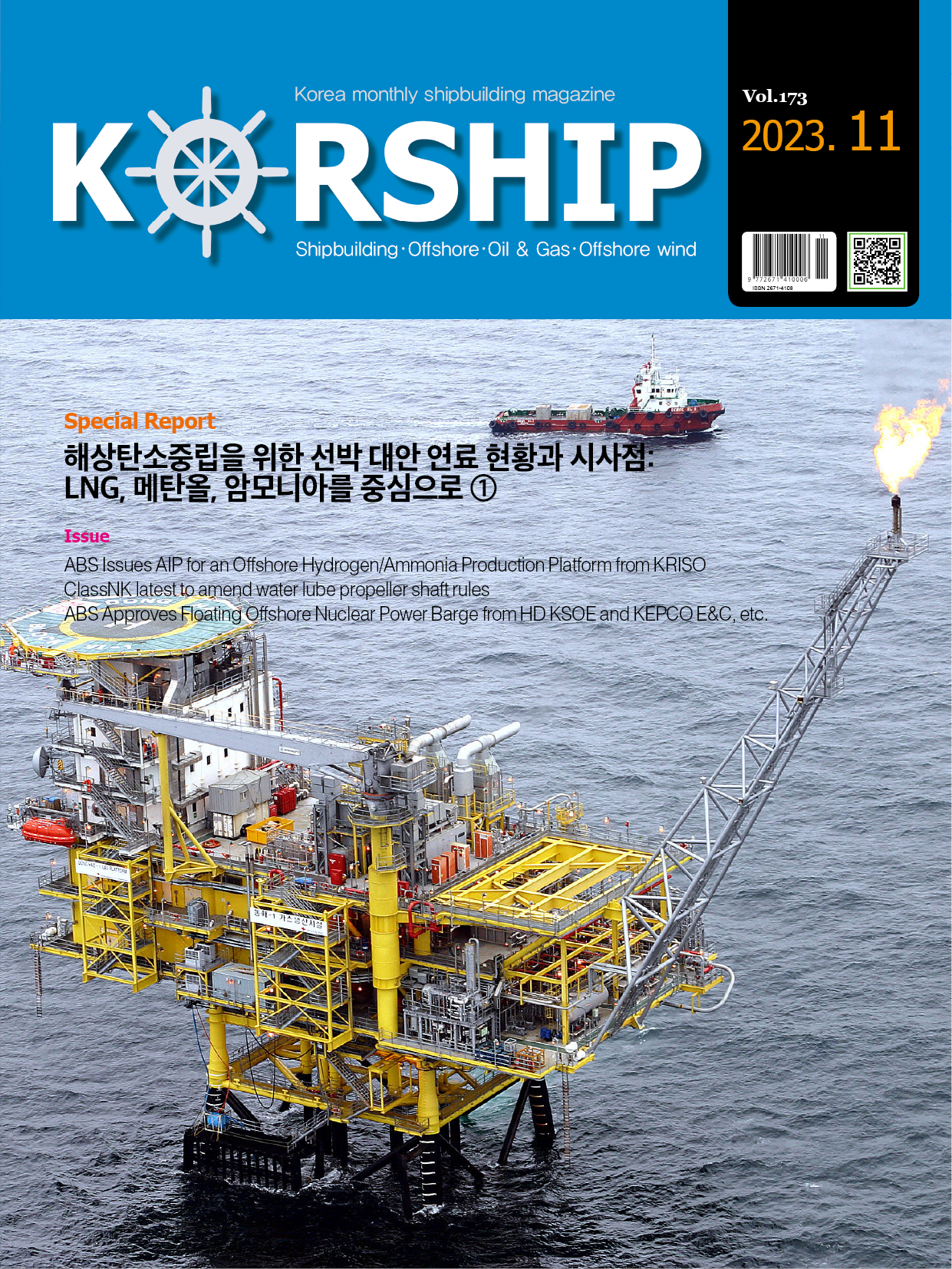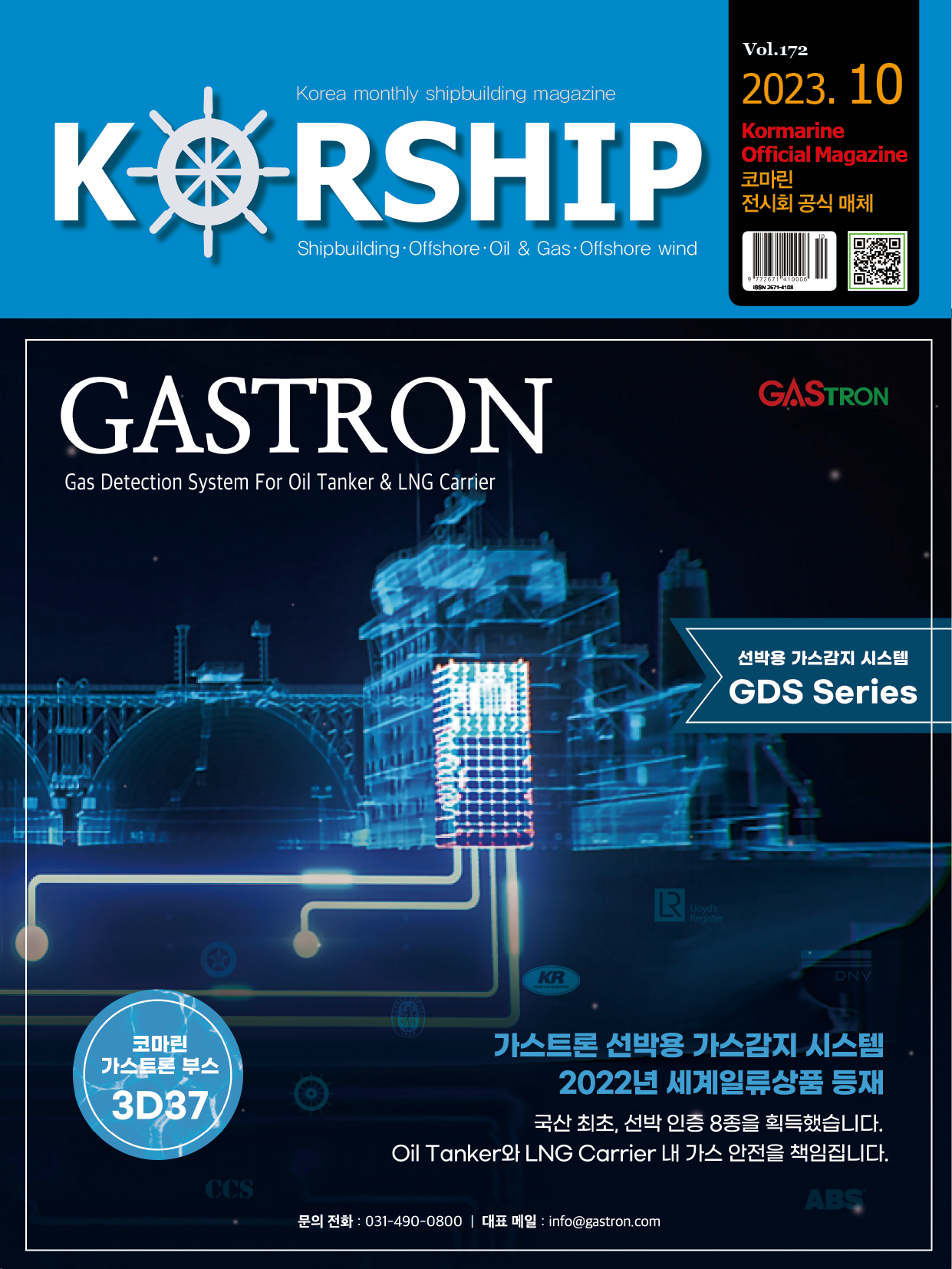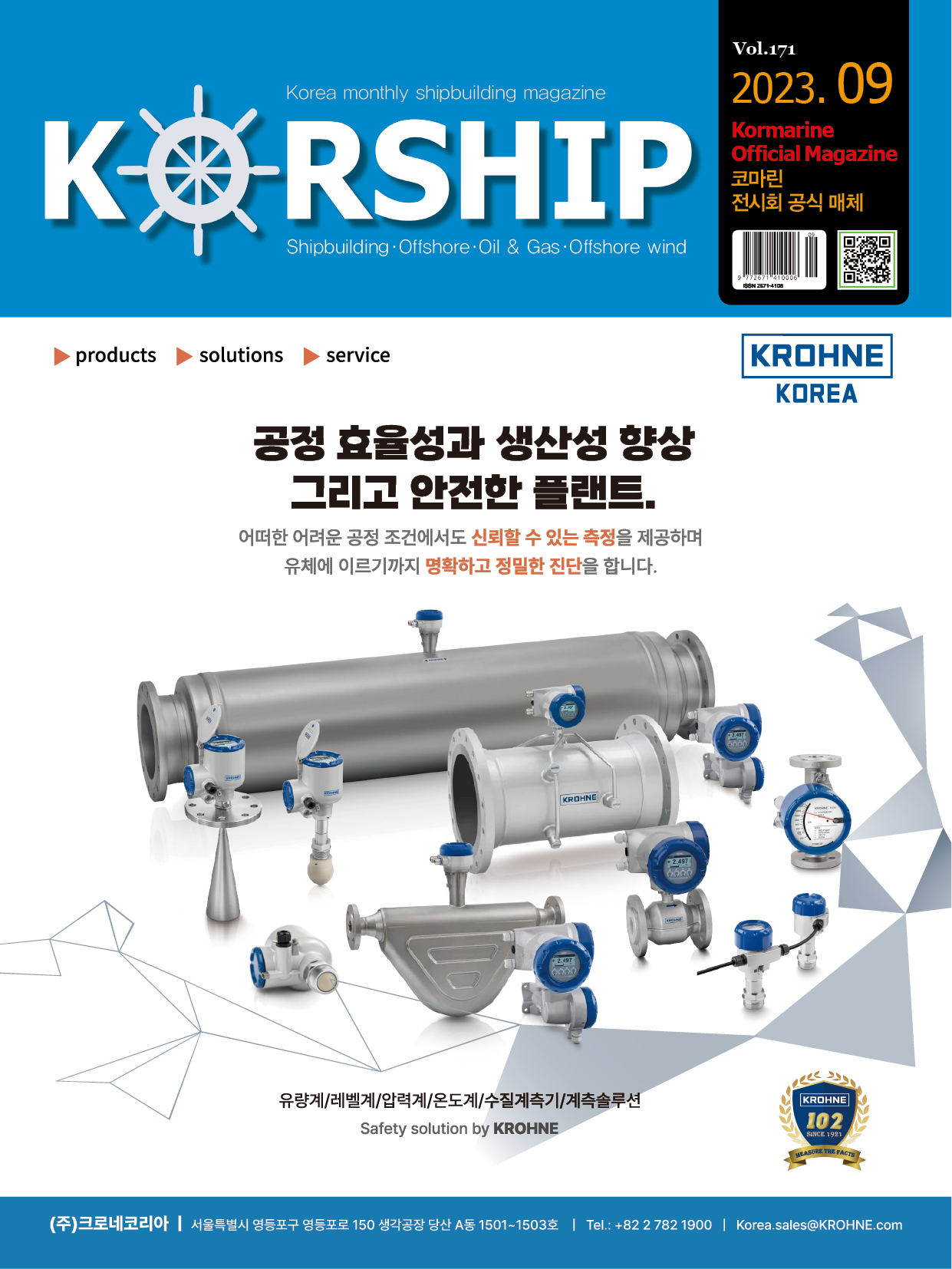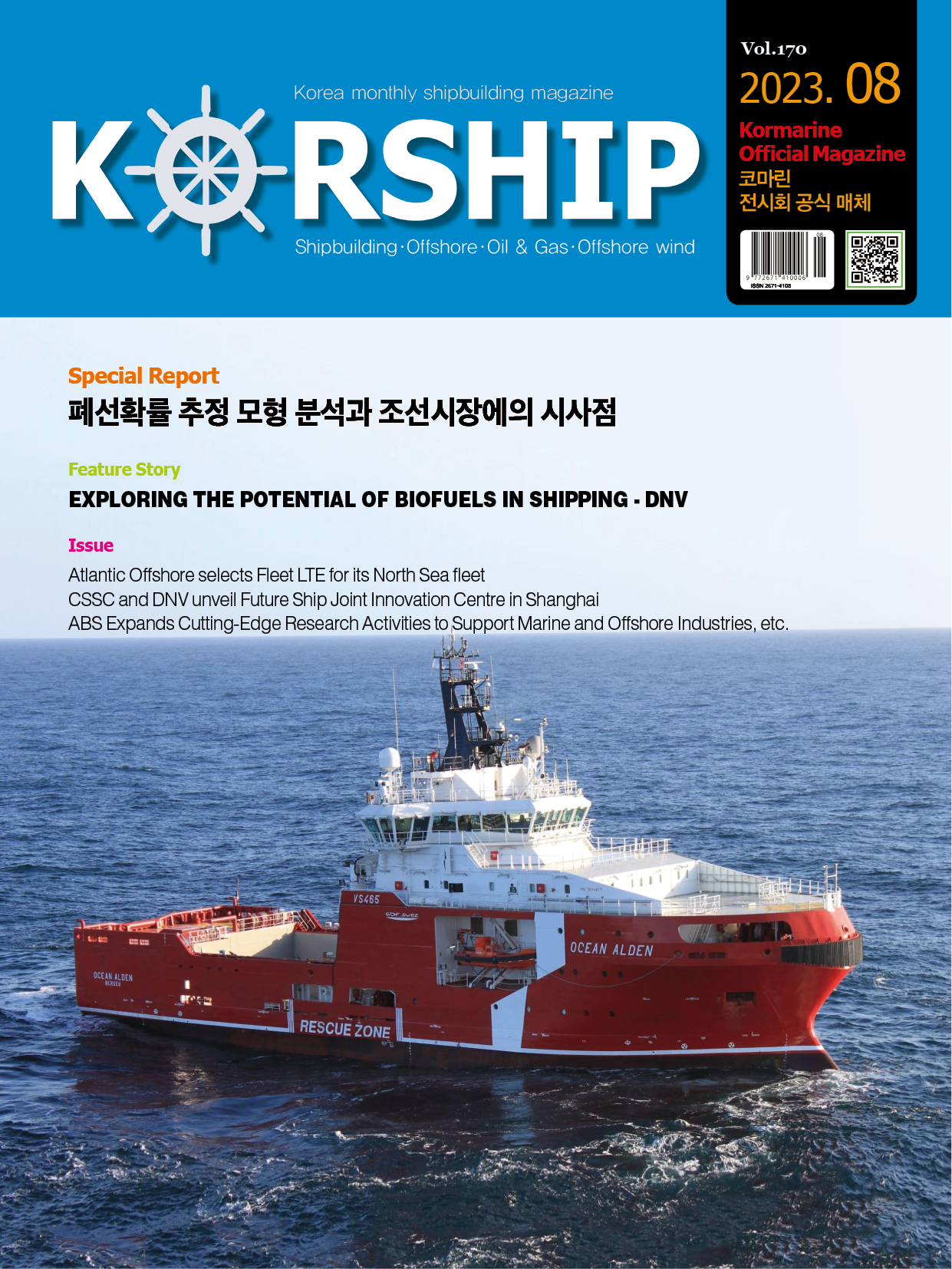ETC MTF Gathers Industry Leaders During Singapore Maritime Week to Discuss…
페이지 정보
작성자 최고관리자 댓글 0건 조회 371회 작성일 23-06-15 12:10본문
- Representatives from classification societies, ship managers and industry associations discuss new report on how to close the gaps for safe operation with alternative fuels.
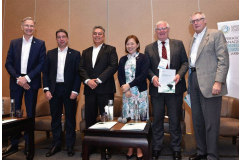
The Maritime Technologies Forum(MTF) brought together industry stakeholders during Singapore Maritime Week to investigate the findings and implications of its latest report, ‘Operational Management to Accelerate Safe Maritime Decarbonisation’.
The event included a presentation of the report’s main findings by author Yildiz Williams of Lloyd’s Register and a panel comprising Christopher J Wiernicki, Chairman, President and CEO of ABS, Nick Brown, CEO of Lloyd’s Register, Caroline Yang, President of Singapore Shipping Association, Ninad Mhatre, Managing Director of Zeaborn Ship Management, John Lloyd, CEO of The Nautical Institute and was moderated by Pierre Sames, Strategic Development Director for DNV.
The report focuses on the suitability of existing maritime regulations to manage the challenges presented by the adoption of new fuel types across the maritime supply chain. These include the ISM Code, the STCW Convention and Maritime Labor Convention, assessing each for gaps and making recommendations and identifying urgent needs, the relevant actors and barriers to change.
It concludes that there are critical gaps related to safety management, crew training and safety culture onboard ship that need to be closed to enable a safe transition to a decarbonized shipping industry. Strengthening each of these elements will be vital to achieve safe operations with alternative fuels, it finds.
The panel discussed the global challenges around alternative fuel adoption as well as the specific knowledge and experience that seafarers, vessel operators, ship managers and regulators need to acquire in a short time span. The report underlines the need for a blend of regulation, industry guidelines, best practices and government support to close the gaps ahead of current and future decarbonisation deadlines.
“Class, as well as flag States are built for the intersection between technology, safety and regulations and when you look at where we are and the steepness of the curve ahead, the biggest risk is the unintended safety consequences of change,” said Chris Wiernicki, ABS Chairman, President and CEO. “We’re moving away from a static fuel environment towards a dynamic fuel environment and recognizing that safety is the mantra of this business, we must be prepared.”
“Seafarers are central to achieving the maritime industry’s decarbonisation ambitions and some 450,000 crew require extra training between now and 2030. However, training does not equate to competence. We have 700 LNG fuel-capable ships on the water today but few of them have been regularly using LNG, challenging trained crews’ familiarity around onboard equipment and bunkering procedures,” said Nick Brown, Lloyd’s Register CEO. “As an industry, we need ensure that when crew are trained, they can maintain competency in managing the multiple fuels and technologies they will encounter during this transition.”
■ Contact: MTF +1-281-877-6774



